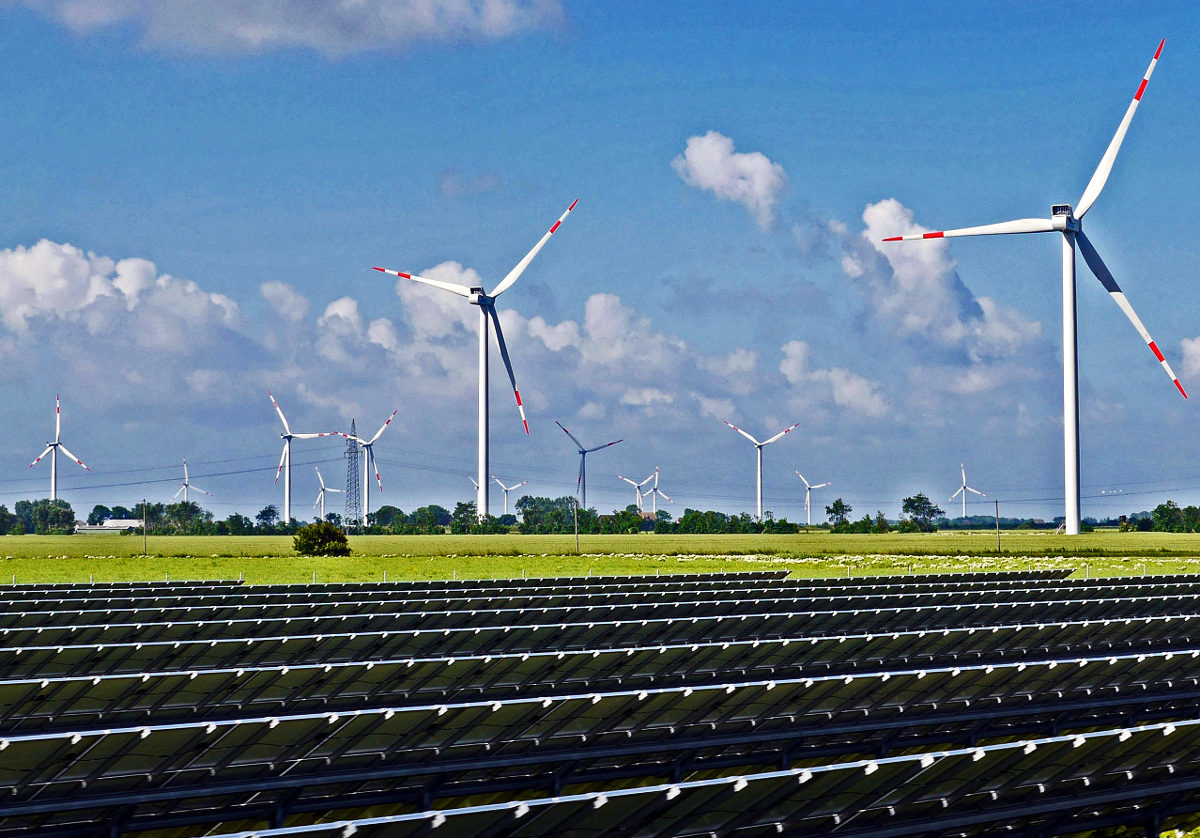A new report by the Institute for Energy Economics and Financial Analysis (IEEFA) says India needs a flexible power system with a combination of grid-balancing options to integrate higher shares of renewable energy. It recommends four ways to achieve this goal: Demand-side measures like time-of-use tariffs, a well-connected national grid, various energy storage options for grid balancing services, and conversion of fossil-fuel-powered fleet to operate flexibly.
“For India to meet growing electricity demand while addressing climate concerns, increased integration of clean energy, including variable renewable energy is essential,” stated the report’s author Charith Konda, Energy Analyst, IEEFA.
“While raising non-fossil fuel power’s installed capacity share to 50% by 2030 may be relatively easier to achieve, reducing the emissions intensity of its economy by 45% by 2030 from 2005 levels requires increased integration of variable renewable energy in the power system,” he added.
According to the report, to increase renewable energy integration in the power system, one of the immediate measures is introducing effective time-of-use (ToU) electricity tariffs. ToU tariffs help change the electricity consumption pattern. These tariffs encourage electricity consumption when the renewable energy supply is high and can even help balance the grid by regulating load from rooftop solar and electric vehicle users.
Konda recommends a step-wise approach of introducing dynamic ToU electricity prices across consumer segments to reap the benefits. “India needs dynamic ToU tariffs rather than static ones. Studies suggest that successfully implementing a dynamic ToU pricing regime can reduce peak demand by 5-25%,” he said.
The report also suggests that a well-connected national grid that transcends several regions ensures optimal utilization of uneven distribution of energy sources.
“A strong inter-regional grid will better absorb and balance regional variations in renewable energy generation and reduce renewable energy curtailment,” said Konda.
“India is on the right path in proactively building the transmission infrastructure, which would, in turn, help integrate more renewable capacity into the power system and improve grid stability,” he added.
The report finds that pumped hydro storage (PHS) projects and battery energy storage systems (BESS) are promising energy storage technologies that can play a crucial role in grid-balancing services.
“As a next step, the country should widen the scope of energy storage applications to provide a variety of grid balancing services rather than viewing energy storage in one dimension of firming renewable energy supply,” said Konda.
Finally, the report states converting existing coal power plants to operate flexibly will ensure the utilization of a large existing fleet to provide load-balancing services and create space for integrating higher shares of variable renewable energy.
“Running coal plants flexibly can save already-established coal power plants from getting stranded. It also increases the per unit cost of coal power, making renewable energy plus storage more competitive in the merit order dispatch system,” said Konda.
“Converting India’s coal power fleet to run flexibly will lead to some technical, financial, and regulatory/contractual challenges. The solutions include identifying suitable plants for conversion into flexible plants based on technical and financial parameters, redesigning coal power purchase contracts, and developing markets that allow flexible operations,” he added.
This content is protected by copyright and may not be reused. If you want to cooperate with us and would like to reuse some of our content, please contact: editors@pv-magazine.com.









By submitting this form you agree to pv magazine using your data for the purposes of publishing your comment.
Your personal data will only be disclosed or otherwise transmitted to third parties for the purposes of spam filtering or if this is necessary for technical maintenance of the website. Any other transfer to third parties will not take place unless this is justified on the basis of applicable data protection regulations or if pv magazine is legally obliged to do so.
You may revoke this consent at any time with effect for the future, in which case your personal data will be deleted immediately. Otherwise, your data will be deleted if pv magazine has processed your request or the purpose of data storage is fulfilled.
Further information on data privacy can be found in our Data Protection Policy.